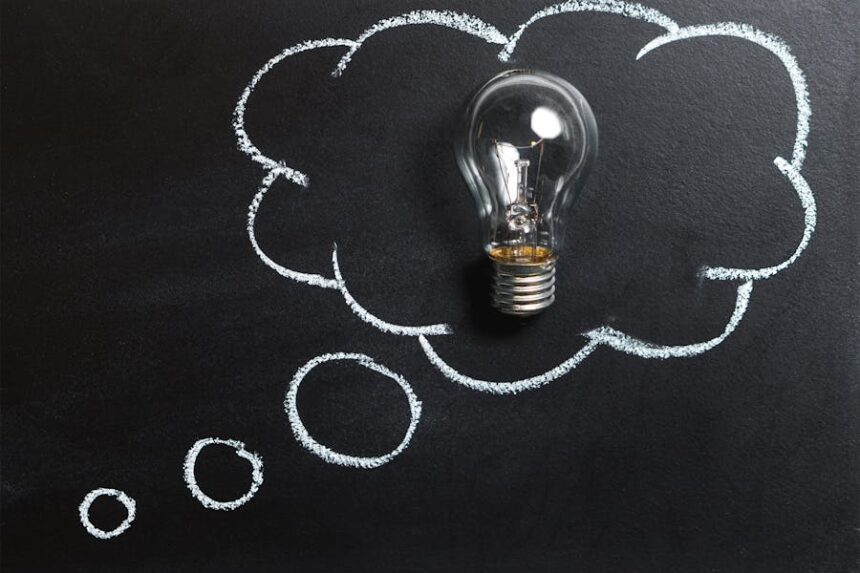Key Takeaways
- Understanding energy-efficient practices can significantly reduce electrical costs at home.
- Appliance usage and modern technology play crucial roles in power consumption.
- Simple lifestyle changes can lead to substantial savings on electricity bills.
Electricity expenses form a considerable portion of the monthly budget for many households, often leading to financial pressure. This calls for strategic adjustments to help lower electricity bills without compromising comfort. One can gain control over electricity expenses by harnessing new technologies and making informed purchasing decisions, paving the way for financial stability and environmental responsibility. The following strategies will cut costs and introduce efficient energy use practices into daily living, fostering a sustainable future for everyone.
- Key Takeaways
- Introduction to Energy Savings
- Smart Appliances: A Step Towards Efficiency
- Adopt a More Conscious Energy Consumption
- Maximize the Use of Renewable Energy
- Innovative Home Insulation Practices
- Regular Maintenance and Energy Audits
- Embrace Technological Advances
- Create Energy-Saving Habits
- Conclusion
Introduction to Energy Savings
The journey toward substantial energy savings begins with understanding one’s energy consumption. Every home is unique and designed to cater to the specific needs of its inhabitants. Thus, identifying areas where you can reduce energy usage often requires introspection and observation. Each small saving step contributes to cost reduction and reinforces a protective stance towards environmental conservation. Therefore, adopting energy-saving strategies makes economic sense and aligns with broader ecological goals, giving you a good reason to start immediately.
Smart Appliances: A Step Towards Efficiency
Modern appliances represent more than convenience; they embody the forefront of energy efficiency. When shopping for new appliances, seeking those with an Energy Star rating can make a big difference. This certification assures adherence to rigorous energy efficiency criteria, promising savings over the appliance’s life span. Furthermore, smart appliances offer incredible connectivity, enabling automation that aligns energy usage with off-peak times, thus minimizing costs. An excellent example is a smart refrigerator that adjusts its cooling cycles or a washing machine that runs during off-hours, maximizing efficiency while minimizing disruption.
Adopt a More Conscious Energy Consumption
Every household can benefit from adopting more mindful energy usage habits. Simple actions, like turning off unnecessary lights or unplugging electronics not in use, accumulate into meaningful energy savings. Additionally, using natural daylight can dramatically reduce reliance on artificial lighting. Beyond energy savings, this practice enriches the living environment by introducing natural ambiance, complementing human circadian rhythms, and boosting mood and productivity. Cultivating these habits ensures significant, sustainable reductions in electricity costs over time. For those looking to take their savings even further, Utility Bidder can help households find the most competitive energy deals, ensuring they get the best rates while maximizing efficiency.
Maximize the Use of Renewable Energy
Renewable energy, particularly solar power, offers a substantial avenue for reducing electricity bills. Embracing these sources reduces dependency on traditional power grids, translating into direct cost savings. Numerous financial incentives and rebates make installing solar panels more accessible than ever. According to the Department of Energy, the long-term benefits and return on investment for solar energy users are significant, highlighting its potential as a cost-effective solution in the coming years.
Innovative Home Insulation Practices
Ensuring effective insulation is a protective barrier for your home, maintaining comfortable internal temperatures regardless of season. Inadequate insulation is akin to keeping windows wide open during winter. Simple fixes such as weather-stripping or caulking around windows and doors can prevent drafts, thereby retaining generated heat or coolness. These efforts significantly reduce the need for additional heating and cooling, leading directly to electricity savings.
Regular Maintenance and Energy Audits
The importance of regular maintenance on HVAC systems cannot be overstated, as it ensures they operate at optimal efficiency. Neglected systems can become energy guzzlers by default, unknowingly driving up bills. Energy audits, typically performed by professionals, provide a comprehensive overview of a home’s energy landscape, identifying inefficiencies and recommending actionable upgrades or changes. These audits serve as a roadmap for energy conservation, helping homeowners focus efforts where they have the most significant impact.
Embrace Technological Advances
The advancement of technology promises smarter, more efficient energy use. Devices like smart thermostats intuitively learn your temperature preferences, adjusting settings automatically to optimize comfort and efficiency. These devices also offer rich data insights, helping you identify and understand usage patterns you may not otherwise notice. This blend of convenience and efficiency ensures a streamlined home energy management approach, leading to immediate and long-term savings.
Create Energy-Saving Habits
Encouraging the whole household to adopt energy-conscious habits can have enduring benefits. Simple practices such as replacing old bulbs with energy-efficient LEDs, doing laundry with cold water, and opting for air-drying clothes when possible are easy habits to form. By committing to these small changes, households can reduce their electricity usage significantly over time, creating a more sustainable living environment and nurturing a culture of energy awareness.
For deeper insights into improving energy efficiency at home, you can explore practical strategies and tips from resources about a comprehensive guide to reducing your electricity bill. By taking these steps, you’re embracing a lifestyle that curbs costs and enhances the quality of life through responsible energy use.
Conclusion
Incorporating creative energy-saving strategies into your daily routine can significantly reduce electricity costs while promoting a more sustainable lifestyle. By leveraging smart appliances, renewable energy sources, adequate insulation, and mindful consumption habits, households can achieve long-term financial savings without sacrificing comfort. Embracing technology and conducting regular energy audits further enhance efficiency, ensuring that every watt of power is used effectively. Small, consistent changes—such as turning off unused electronics and utilizing natural light—can yield substantial results over time. The journey to lower electricity bills begins with informed decisions and a commitment to energy efficiency. By adopting these strategies, you contribute to personal savings and a greener future for all.




